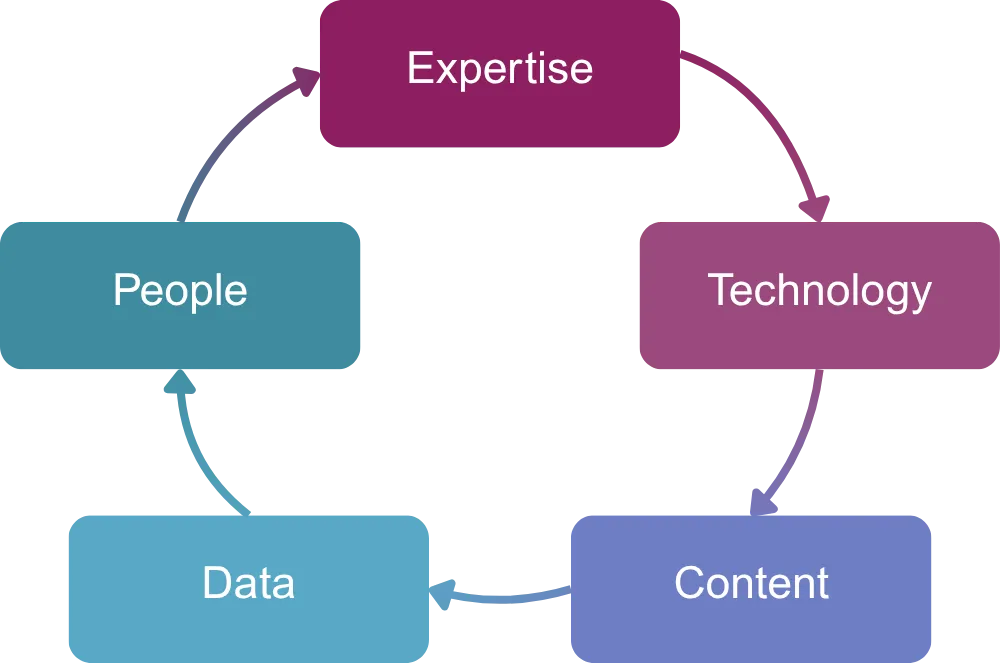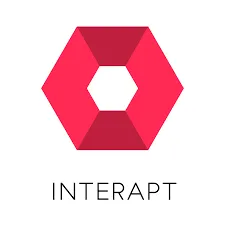Are You Stuck?
Looking for a new LMS or content to help
your team grow?

We Are Experts In Learning
Partnering with SMBs to build learning solutions that work.
Looking For New Learning Technology?
43%
Companies are looking for a new LMS
82%
L&D leaders say engagement is not good
72%
L&D teams are at a low level of learning maturity
At TRACTUS, we believe technology should serve people, not the other way around.
That’s why we start with your learners, your leaders, and your culture before ever talking platforms or systems.
You get more than software, you get our experience. Our team helps you select, implement, and launch learning solutions that actually work for your people and your business.
The TRACTUS Difference
Discover The TRACTUS Difference
Technology should serve your people, not the other way around.
See how TRACTUS helps organizations build learning solutions that actually work
Click a box on the circle to explore each part of The TRACTUS Difference.


We are committed to helping businesses thrive through innovative learning solutions. Our platform empowers you to streamline operations, make data-driven decisions, and unlock growth potential.
Quick links
© TRACTUS. 2025. All Rights Reserved.



















